Your Cart is Empty
🙏HELP US SAVE TIGERS!🐅 WE DONATE 1% OF OUR SALES TO WILDLIFE ORGANIZATIONS ( WWF ...)
Menu

🙏HELP US SAVE TIGERS!🐅 WE DONATE 1% OF OUR SALES TO WILDLIFE ORGANIZATIONS ( WWF ...)
Can Tiger Cubs Also Be Dangerous To Humans?
February 23, 2022 3 min read
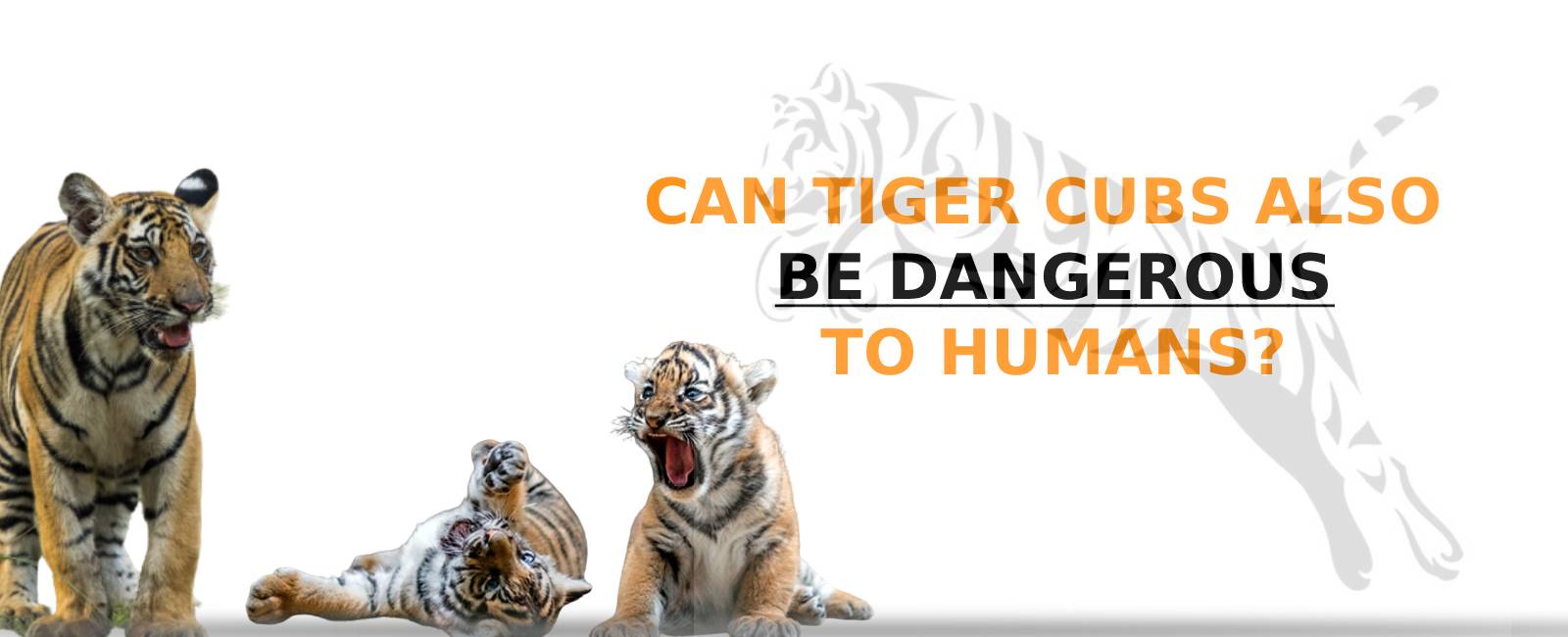
Can Tiger Cubs Also Be Dangerous To Humans?
Most of us are well aware that tigers can be dangerous to humans, as there have been numerous reports of tiger attacks on people across the world.
What many people don’t know, is that tiger cubs can also be dangerous to humans – and with good reason! Baby Tigers are still learning how to hunt and kill their prey. This leads them to try to do the same thing and so be hazardous to people.
While the chances of being attacked by a tiger cub are still very low, it’s important to recognize when one might pose an actual threat to your safety.
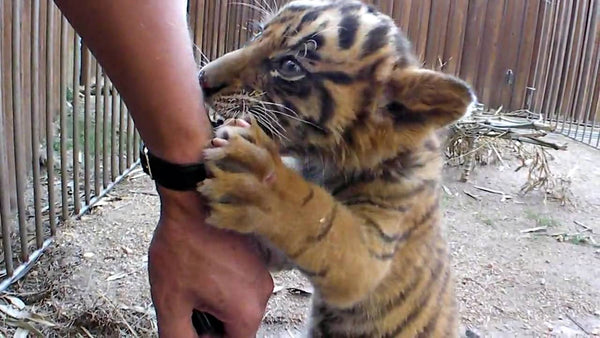
What is a tiger cub?
A tiger cub (or baby tiger) is a cub that has been born to a tigress (female tiger). At birth, they weigh less than 500 grams and develop fast. In three weeks, they start crawling and can take their first steps in another week.
They open their eyes after 10-14 days, and are weaned off milk when they are 5 months old. Then they gradually begin eating solid food at 6 months of age. The mother usually takes care of them alone until they reach 8 months; then if there are other tigers nearby she might allow her male partner to assist her with raising them as well.
Once fully grown at around 18-24 months, she will introduce them into her territory where they will be able to find food on their own by stalking game like wild boar and deer.
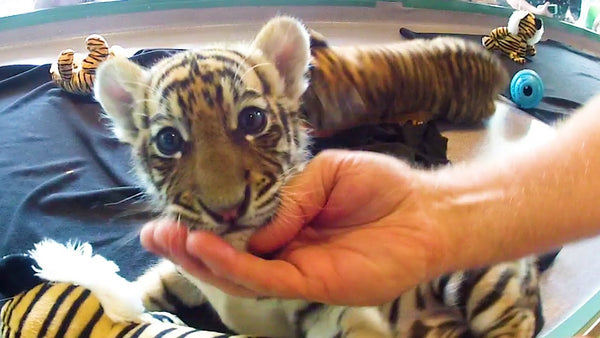
The dangers of having an encounter with a tiger
Tigers are dangerous animals, but you don’t expect them to be harmful to humans, especially when they’re cubs. While it is possible for tiger cubs to attack people, it’s actually very rare for tiger cubs (especially white tigers) to do so.
In fact, if you plan on visiting a zoo with white tiger cubs and have small children (particularly in their toddler years), you should prepare your children for what could happen in case a white tiger decides he doesn’t like you one day and attacks.
That said, it may be surprising just how unusual a tiger-cub attack is—and why these types of attacks rarely occur.
When do tigers become dangerous - once they have grown up, or does it happen sooner than that as well?
Tigers are no less dangerous as cubs. While they may seem cuddly and playful, tigers will grow up to be big cats with a taste for flesh and blood. But that’s not all! Tigers are also endangered species; however, many nations still allow tiger hunting because of these aggressive tendencies.
The likelihood of attack is slim-to-none, but if you encounter a tiger cub in nature—or at a zoo—make sure to keep your distance.
How should we deal with dangerous animals, for example, tiger cubs?
If you’re living in an area where there are tigers, chances are you know a thing or two about how dangerous they can be. Despite their smaller size, tiger cubs still have quite a bit of strength behind them and are quite capable of mauling someone.
Usually it’s best to avoid them because when dealing with such wild animals, even young ones, it takes only one mistake for things to go very wrong. However, if you come across a tiger cub by accident, there are several things you should do to stay safe.
Also in Tiger Blog
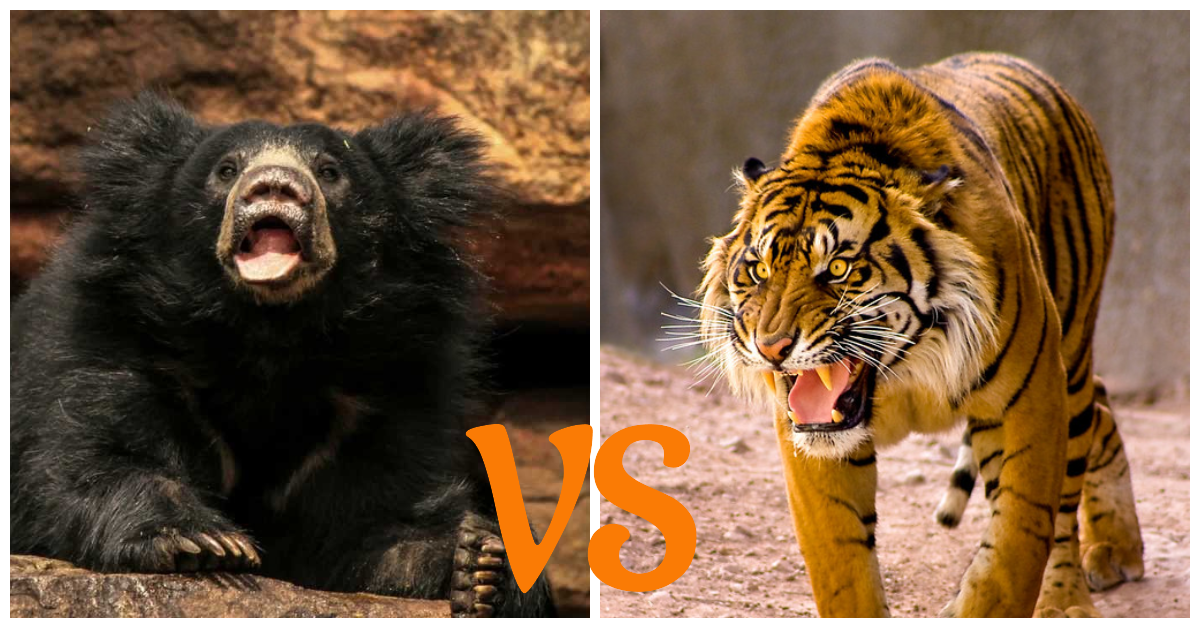
Sloth Bear vs Tiger: Who Would Win?
July 13, 2024 7 min read
Explore the thrilling showdown between a sloth bear and a tiger, analyzing their strengths, behaviors, and survival tactics.
Read More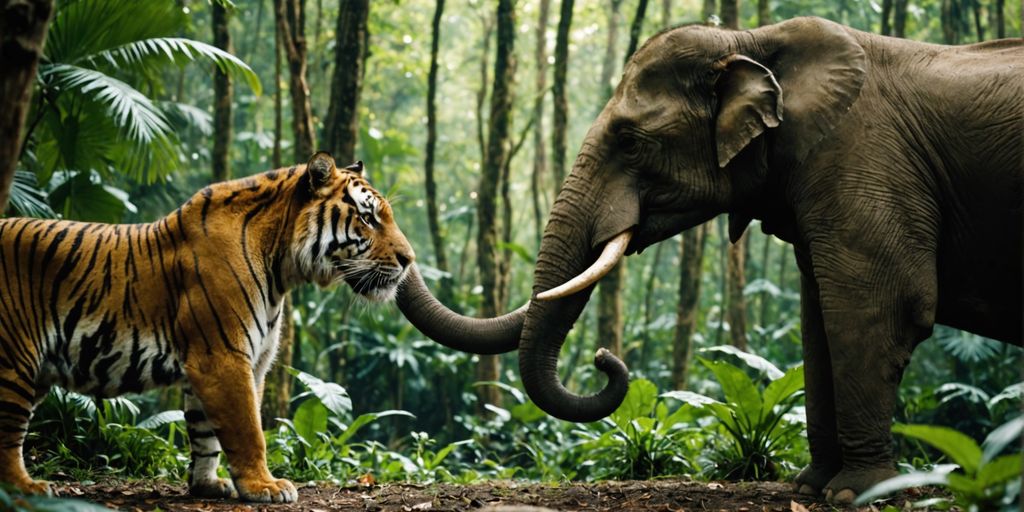
Tiger vs Elephant: Who Reigns Supreme in the Animal Kingdom?
July 13, 2024 7 min read
Explore why elephants usually triumph over tigers in the wild, highlighting their size, strength, and defensive prowess.
Read More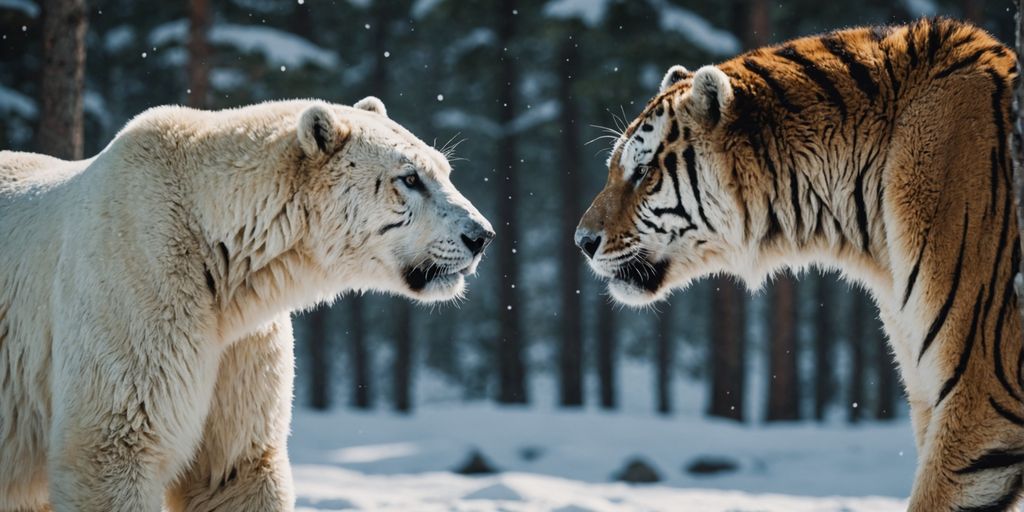
Epic Battle: Polar Bear vs Tiger, who win?
July 11, 2024 8 min read
Epic showdown: Polar Bear vs Tiger. Discover who would win in this thrilling battle of nature's fiercest predators.
Read More